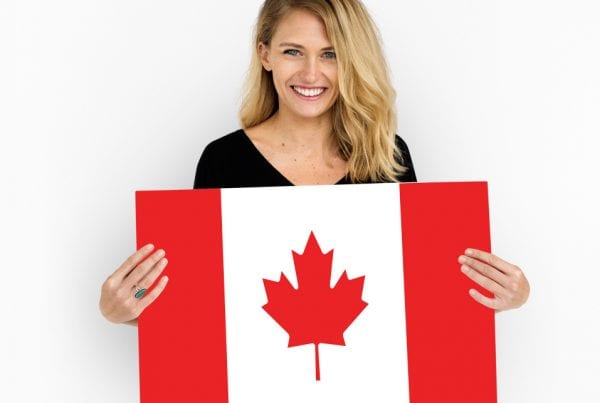Canada is home to millions of immigrants, and each year the Canadian government looks at bringing a wide range of immigrants to the nation. A strategic move aimed at not only bolstering cultural diversity but also enhancing the financial stability of the country.
Canada has the “Federal Self-Employed Persons Program” in place, allowing eligible individuals with relevant and extraordinary athletic experience to apply for Canadian permanent residence. However, this does not apply to just sports persons or athletes but also to artists, musicians, and performers.
Suppose you’re an athlete and want to come to Canada. In that case, this article will help you understand how self-employment works in relation to the Canadian immigration program and what it takes for you as an athlete to become a permanent resident in Canada. In short, we will help you uncover what moving to Canada as an athlete entails.
The first steps
In order to meet the Permanent Residence criteria, you can follow for the Self-Employed Visa Canada as an athlete via means of scoring not less than 35 factors out of a hundred.
Here’s a quick guide to the selection points grid for athletes –
- Education – up to 25 points
- Work experience – up to 35 points
- Age – up to 10 points
- English or French proficiency – up to 24 points
- Adaptability – up to 6 points
You ought to then make sure you meet Immigration, Refugees, and Citizenship Canada’s (IRCC) definition of a “Self-Employed Person.” In order to do that, you must ensure –
- You have not less than 2 years of commendable success as an athlete competing at an International level.
- You have been a self-hired athlete for no less than 2 years.
Other Requirements
Sportspersons and athletes for the Canadian immigration program also need to meet the following criteria –
- The athlete must be endorsed by the sports governing body of their native country. They must show that they are genuinely trying to establish themselves as full-time athletes in Canada.
- They can bring family members to Canada, but only if they have been living in another country for at least five years and have stayed there for at least one year before moving back home or abroad again.
- The athlete must be able to prove that they are marketable in Canada. They must show that they will help promote the sport and not just themselves as individuals.
Things to keep in mind
If you’re an athlete who wants to work in Canada, you must have an endorsement from your respective sport’s governing body. You must also have had this endorsement at least 18 months before applying for permanent residence as a self-employed athlete.
If such a body does not govern your sport or if it doesn’t require its athletes to be sponsored by any particular organization, then it’s likely that no such sponsorship exists, and thus there would be no legal requirement for such sponsorship on behalf of athletes playing in those sports.
Athletes also need to provide proof that they are making a genuine effort to establish themselves as full-time athletes in Canada. To do this, you will need to prove that you are genuinely trying to establish yourself as a full-time athlete in Canada. This could include a letter from your coach or manager confirming that he or she agrees with your decision and that he or she will help you make it happen (this is only sometimes necessary) and proof of income from playing sports professionally.
If your application is approved, you can apply for family members who wish to come with you to live in Canada permanently (subject to certain conditions). For example, family members must be able to support themselves financially and not need a sponsor. They also cannot have been previously married or in a common-law relationship with the principal applicant.
The whole immigration process can be a long and tiresome one. With long wait times and robust frameworks in place, things don’t get any better. As an athlete, if you’d like to start a new chapter of your life in Canada, we will be happy to help you. Drop us an email, and let us help your dream take the shape of reality.





